In a revealing investigation that pulls back the curtain on Police technology funding, TechCrunch exposed how venture capitalist Ben Horowitz orchestrated a major drone deployment for the Las Vegas Metropolitan Police Department (LVMPD) through unconventional channels.
The Backroom Deal
It started with a simple email exchange. When Skydio sent a proposal to LVMPD’s chief of staff Mike Gennaro in 2023, he immediately forwarded it to VC Ben Horowitz. Gennaro’s response to Horowitz’s question about deployment was telling: “Whatever you want, Ben.”
Evolution of LVMPD’s Drone Fleet
Before Horowitz’s involvement, LVMPD had a diverse drone fleet including models from Autel, Brinc, and Skyfront, plus some Skydio X2s. While the X2s showed promise, then-Sergeant Brad Cupp noted they “fell short of what we needed operationally.”
Skydio’s High-Stakes Pivot
The story takes a dramatic turn with Skydio’s strategic shift. After abandoning the consumer market, they bet everything on government, defense, and law enforcement contracts. This meant upgrading their entire lineup with enhanced features. Their new drones boasted extended battery life, improved camera systems, thermal sensors, and automated drone docks – a complete overhaul aimed at professional users.

The Money Trail
According to internal documents reviewed by TechCrunch, Skydio’s ambitious plans came with hefty financial requirements. The company projected burning through at least $238 million by 2029, though more pessimistic forecasts suggested they’d need $348 million to reach profitability. Skydio later disputed these figures, saying they weren’t part of any official pitch decks.
Controversy Over Deployment
The scope of Skydio’s proposal surprised even Horowitz. “I thought that we just wanted this for the 11 neighborhoods,” he wrote, questioning why they included school locations for drone docks. While Gennaro defended the need for more drones in high-crime areas, the LVMPD confirmed no drone docks have been installed yet.
Following the Money
Horowitz’s involvement extends far beyond just drones. His total donations to LVMPD reached $7.6 million, including funds for computer terminals, gym improvements, AI-powered 911 call technology, and surveillance cameras. The money flowed through police foundations, which critics say bypass normal procurement processes and lack transparency.
Red Flags Raised
The arrangement drew sharp criticism from watchdogs. “Billionaires should not be allowed to buy access and influence with law enforcement,” says Evan Feeney of Color Of Change. Critics point out that police foundations bypass normal procurement processes, lack transparency in donation reporting, and can lead to ongoing contracts that burden taxpayers.
Personnel Shuffle
In a notable development, Sergeant Cupp, who had praised Skydio’s drones internally, left LVMPD to become a program manager at Skydio, raising questions about the revolving door between law enforcement and private industry.
DroneXL’s Take
While the funding mechanism raises legitimate transparency concerns, the adoption of advanced Drone Technology by first responders represents a crucial evolution in public safety capabilities. The Skydio X10’s features – from automated docking to enhanced sensors – could revolutionize emergency response. However, the balance between private funding and public oversight needs careful consideration to ensure both innovation and accountability in law enforcement technology.
Sheriff McMahill’s enthusiasm highlights this potential: “This technology is changing the game… We are going to get to a place at some point where it becomes impossible to commit a crime.” But the path to that future must be transparent and accountable to the public it serves.
What’s your take on private donors shaping public safety technology? Share your thoughts in the comments below.
Discover more from DroneXL.co
Subscribe to get the latest posts sent to your email.
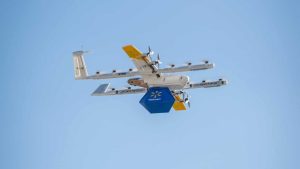
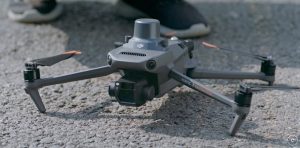

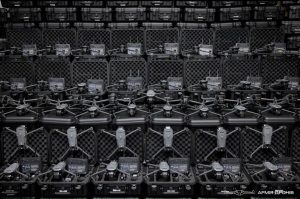
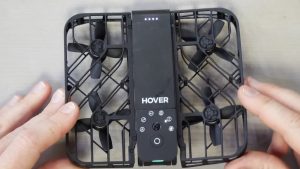


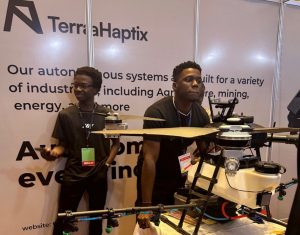
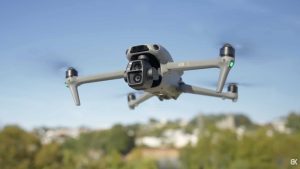
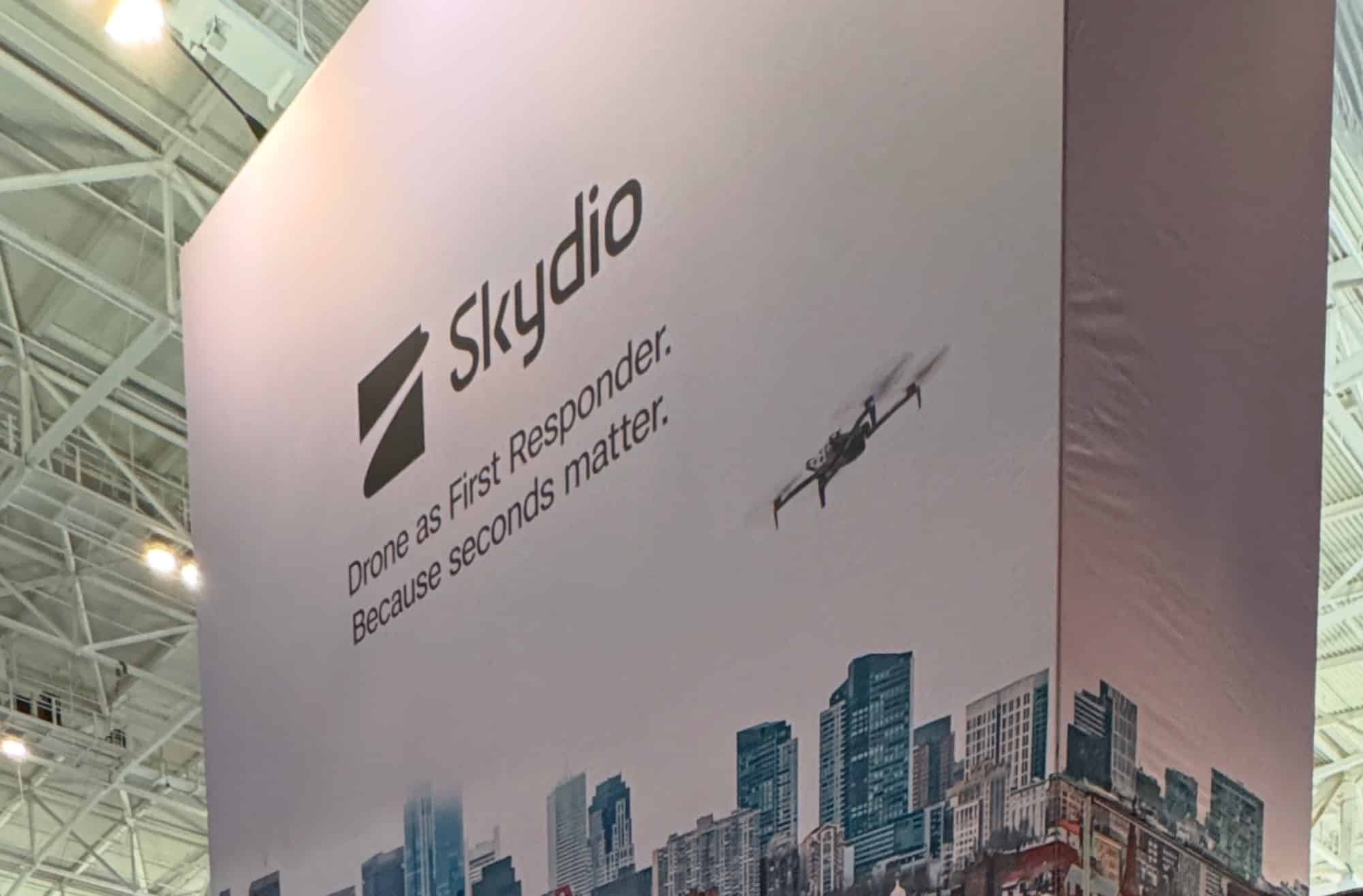
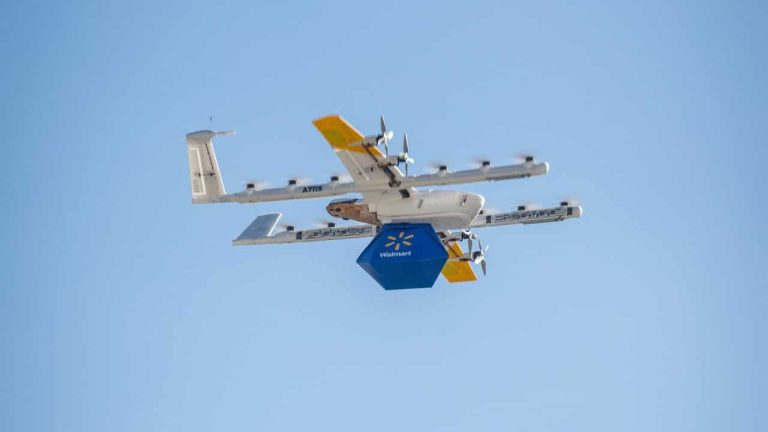
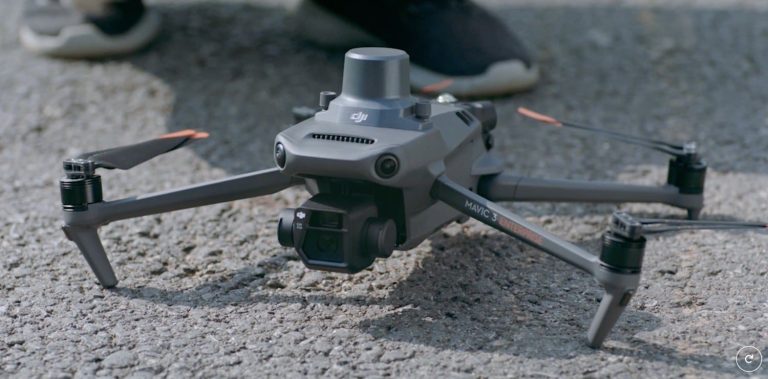
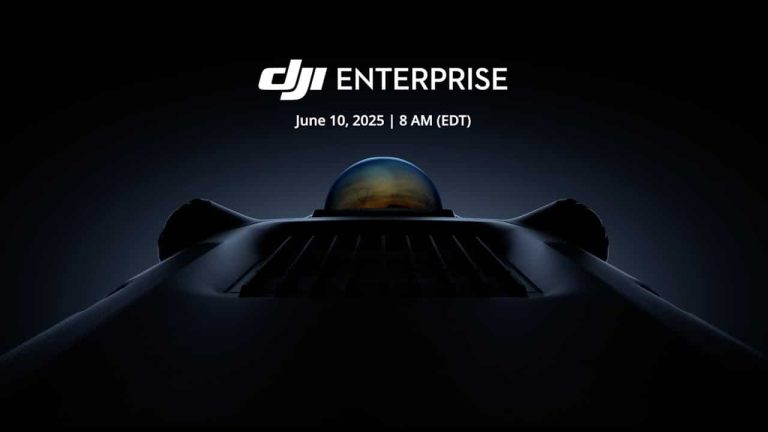


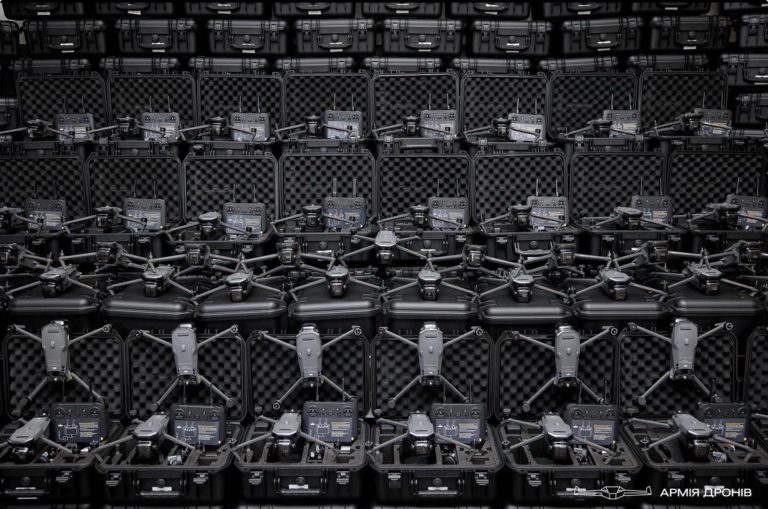
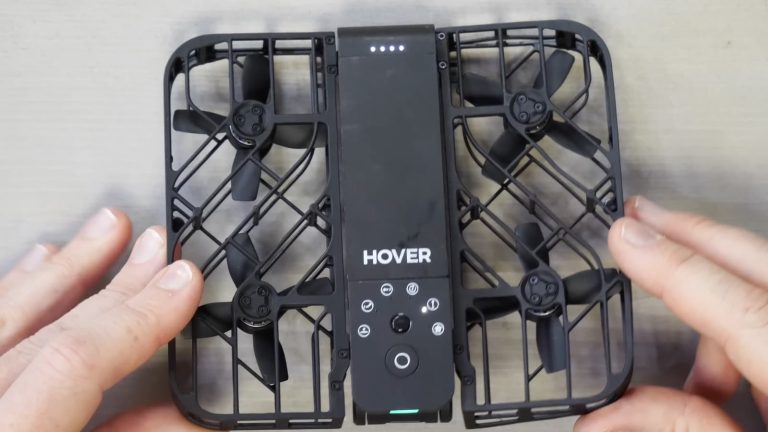
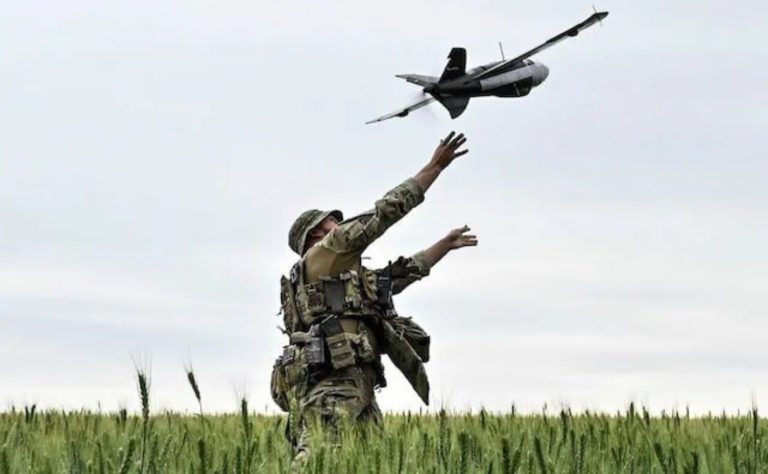
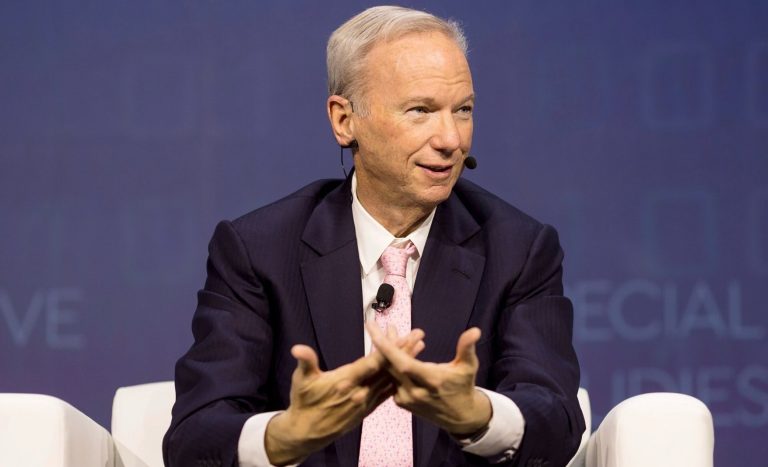

+ There are no comments
Add yours